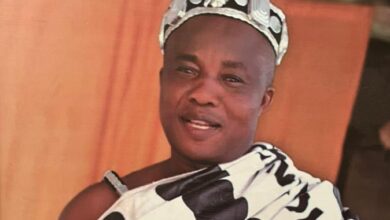
Former President of the Economic Community of the West African States (ECOWAS) Commission, Dr Mohamed Ibn Chambas has attributed political instability in most African countries to the politicization of the judiciary and other public institutions including the elections management bodies.
He stated that the politicization of these institutions make it difficult for Africans to accept the outcomes of elections even though they believe that the ballot is the wayforward.
He was speaking during the ‘Regional Lessons Learned and Experience sharing’ Workshop organized by the West African Network for Peace Building on Tuesday April 26.
“Whiles majority of Africans accept elections they perceive the announcement of the results from the last elections in their countries as inaccurate.
“Another survey shows that election management bodies are one of the established public institutions. When political actors perceive an election management body, as lacking independence, it breaks down the trust and confidence in the process and makes it difficult for parties to accept the outcome of the process.
“The politicization of the judiciary in a number of counties to influence election results or to elongate the mandate of certain presidents has contributed to political instability.”
Dr Ibn Chambas further said the concentration of power and wealth in the hands of a few people on the African continent preparers the grounds for citizens mobilisation that could turn violent.
He noted that the youth and women are mostly hit when it comes to the effects of inequality and unfair elections in Africa.
“African states have organized regular elections without question but democracy continues to decline. why are these elections not moving us towards the promise lands of development, peace and stability?
“There is a growing dissatisfaction with electoral processes that is fueling the emerging trend of violence and non-acceptance of electoral outcomes,” he said.
He added “The concentration of wealth and and power in the hands of a few coupled with a a population of unemployed youth prepares the grounds for citizens mobilsation that could turn violent.
“This dissatisfaction and frustration is particularly felt by the vulnerable and marginalised population, in most cases the youth and women. The challenge of inequality and and unfair elections closely link to the cost of political financing.
“The cost of standing as candidate in any country maintains politics as the privilege of the elite who have the economic advantage.”



